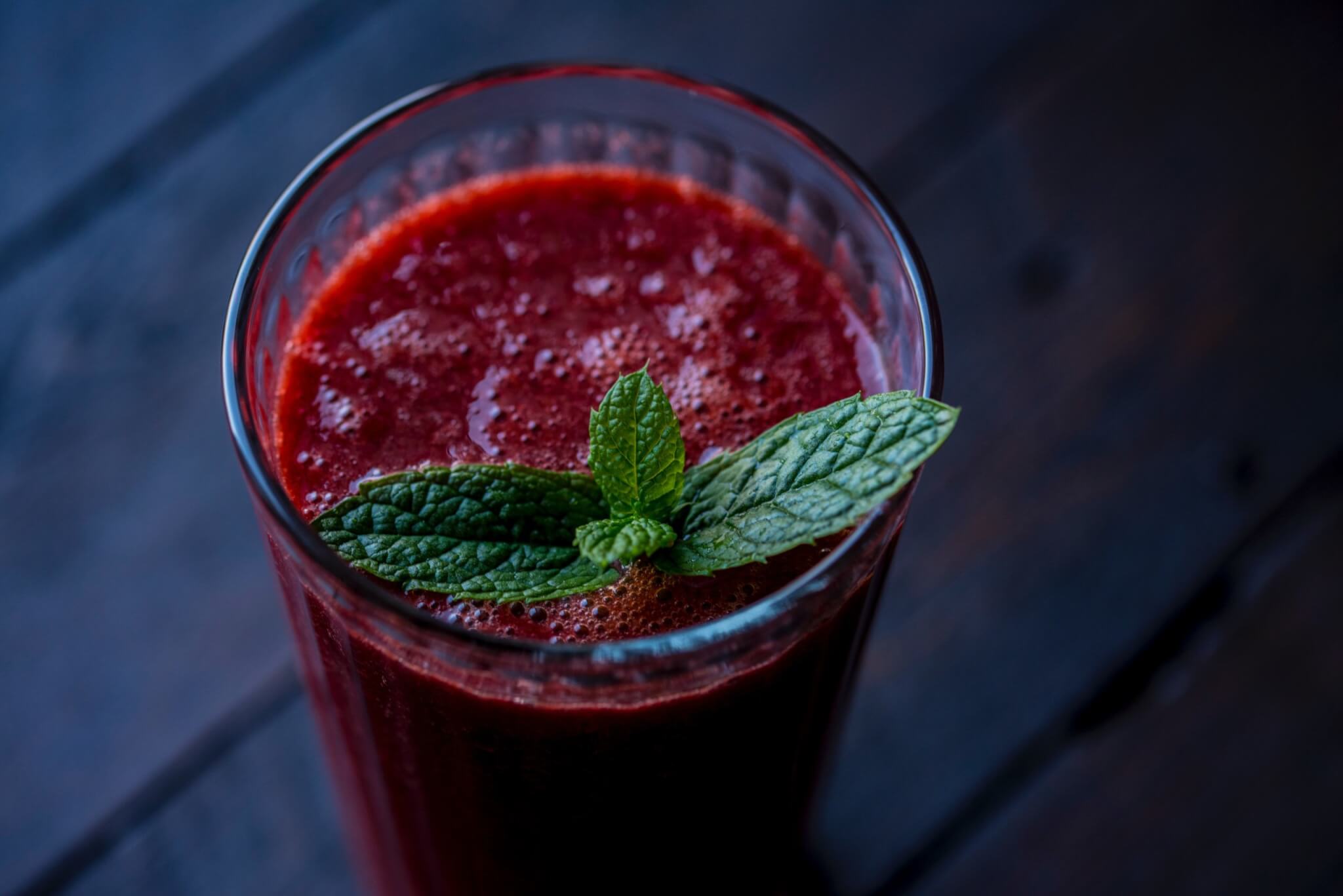It’s no secret that the foods you eat can influence your blood pressure. Some foods can unhealthily raise it, while others can lower it to safe levels. Although there are other factors at play, your diet can be such a game changer that prevents you from needing medications to lower your levels. Although beets may not be at the top of your shopping list, beets are one of the best foods to eat that can help do exactly that.
Beetroots, frequently referred to as beets, are known for their vibrant bright red color, earthy flavors, and the potential to stain your shirt if you touch it after slicing one. Beets are most commonly eaten in the form of beet salad, borscht (a popular soup native to Eastern Europe), pickled beets, and more. Beets are high in gut healthy fiber, antioxidants that protect against cell damage, folate, potassium, vitamin C, and more.
How can beets help lower blood pressure?
Beets are uniquely high in nitrates, which can convert to nitric oxide once it’s metabolized in the blood and tissues in your body. Nitrates are compounds composed of nitrogen and oxygen and are abundant in leafy greens and other vegetables.
Nitric oxide is a molecule that your body is capable of making on its own. It’s critical for the body because it dilates the blood vessels, thus lowering blood pressure. Studies have shown that whole beets as well as beetroot juice have the ability to significantly reduce elevated blood pressure levels. While both are likely to show a reduction in blood pressure levels, some research shows that raw beets can exert a stronger effect.

Aren’t nitrates in processed meat unhealthy?
Things can get a little confusing because nitrates in processed meat are the reason that current recommendations suggest limiting these foods in order to reduce cancer risk. This comes from some studies suggesting that added nitrates may increase cancer risk while others show that the naturally-occurring nitrates in vegetables do not come with this risk.
Nitrates are often added to processed meats like jerky, bacon, and sausage to act as a preservative and flavor enhancer. Nitrites are another type of preservative often confused with nitrates. Although they are similar to one another, they are not the same. Nitrites are added to processed meats typically in the form of sodium nitrite. This easily can convert to nitrosamines, which are organic compounds considered to be carcinogenic. Although nitrates can also undergo such a conversion, in fruits and vegetables it isn’t as cut and dry.
Typically, the order is: nitrates → nitrites → nitrosamines.
Fruits and vegetables are rich in vitamin C, which instead can result in a final conversion to blood pressure-friendly nitric oxide rather than nitrosamines. At the same time, there is growing research that argues that these additives in cured meats aren’t so harmful after all, especially if eaten in moderation.
Bottom Line
There is an excellent amount of evidence to show that beets can help support healthy blood pressure levels, thanks to the high levels of nitrates that convert to nitric oxide in the body. Beets are incredibly nutritious and can make a great addition to a balanced diet if you aren’t already eating them.
The nitrates in beets and other plant foods should not be confused with the additive nitrates and nitrites in processed meat, as these seem to work slightly different in the body. Research shows that the compounds in these meats may increase risk of cancer, while not showing the same in plant foods. If you want to include more beets in your diets, try different salads, soups, and even smoothies to see what you enjoy most.

Beets taste terrible. I wish I liked them, but they taste like mud or dirt.